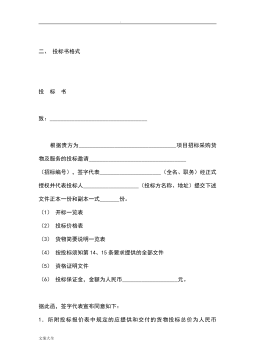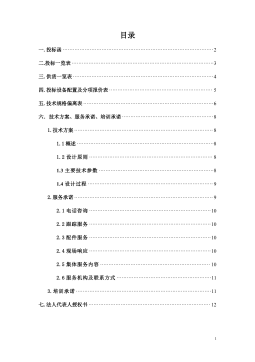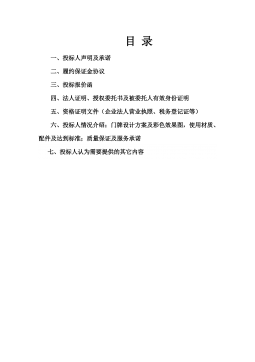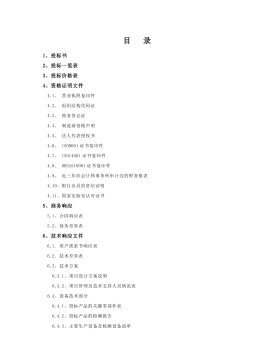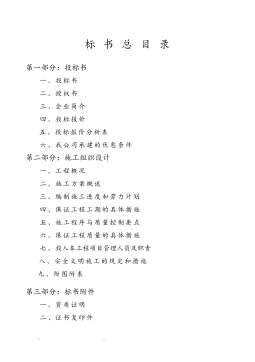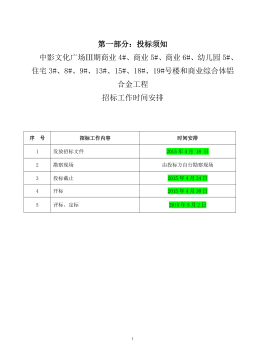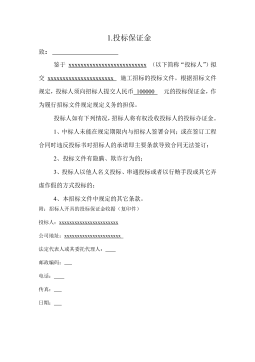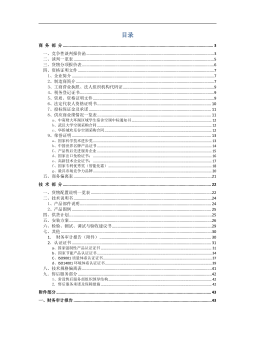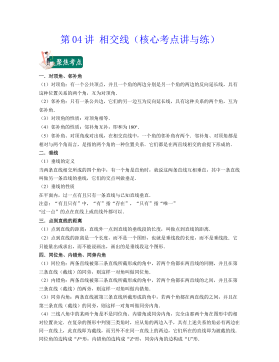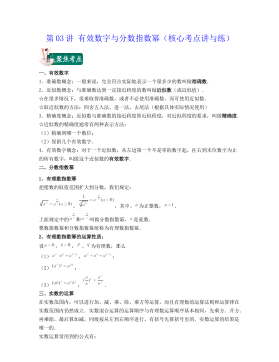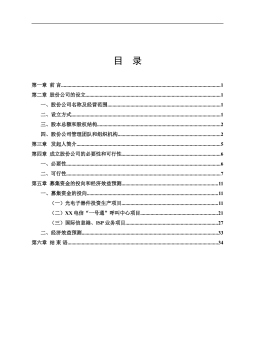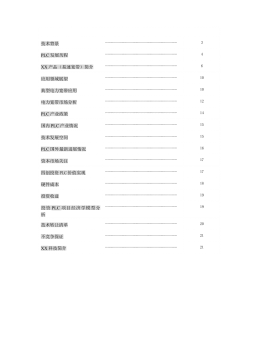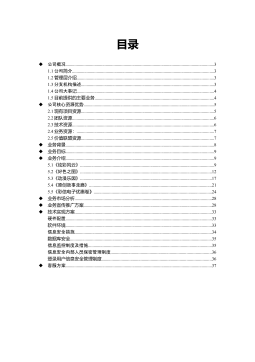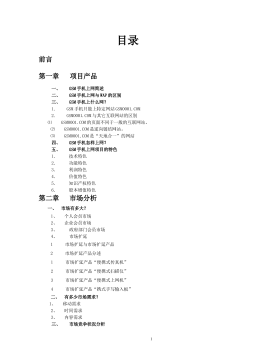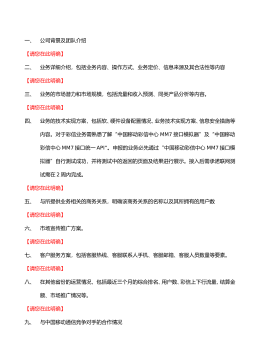个人所得税纳税单位优化选择研究
VIP免费
浙江财经学院硕士学位论文
I
摘要
纳税单位分为个人和家庭两类,税制设计时选择何者为个人所得税的纳税单
位,决定了个人所得税的调节点,直接关系到个人所得税税前扣除及税率结构的
衡量标准,进而影响税制公平性,因此个人所得税纳税单位的选择问题是一国个
人所得税税制设计的核心内容之一。
我国的个人所得税以个人为纳税单位,以此为基础设计个人所得税免征额和
税率表,实现对个人的量能课税。然而个人的纳税能力不仅与自身相关,还受到
家庭的影响。单身个人和已婚夫妇纳税能力不同,双薪家庭和只有一人有收入的
家庭纳税能力不同,因此衡量纳税人纳税能力时应将家庭变量考虑在内,以家庭
为单位,才能真实的衡量纳税人的纳税能力。正因如此,国内众多学者认为,我
国应建立以家庭为纳税单位的个人所得税制度,实现真正意义上的量能负担。
本文第二章介绍了以家庭为纳税单位的个人所得税制度和以个人为纳税单位
的个人所得税制度的理论基础及优缺点。以个人为纳税单位的个人所得税制度是
个人主义哲学在税制设计中的延伸,强调个体社会地位和经济行为的独立性。而
从社会学、法学、伦理学、经济学上看,更多的把家庭看做一个整体,以家庭为
纳税单位可以使税制设计与各学科理论保持一致性。两种税收制度各有优势,以
家庭为纳税单位可以避免夫妻间转移财产避税的现象也更符合公平课税的要求,
但却难以保持税收对婚姻的中性;以个人为纳税单位税制简单,并保持婚姻中性,
但难以做到量能负担,有失公平。从理论上看,以家庭为纳税单位更能满足公平
税制的要求,但是由于无法保持婚姻中性,公平的背后又产生了新的不公平。
如果选择以家庭为纳税单位,解决好公平背后的不公平问题是税制设计的重
点,各国在实践中又是如何处理的?
第三章介绍美国和英国个人所得税的历史沿革。美国一直以来都是以家庭为
纳税单位,而英国 1990 年以前以家庭为纳税单位而 1990 年以后以个人为纳税单
位。加之,英美两国的个人所得税制度无论在税制实践还是税收理论研究,都走
在最前沿,成为许多国家建立个人所得税制度的模板以及进行税制改革的风向标。
所以本文选择英国和美国为典型代表。通过其历史沿革的考察发现,在税制建立
之初,纳税单位的选择是社会价值观为主导的,与经济发展水平等无直接关系,
而随着一国税制的不断调整和完善,以及税收理论的发展,对纳税单位进行再次
选择时,是经济、社会、税制、学术背景共同作用的结果。并且,通过对英美两
国课税历史的考察可以看到,选择以家庭为纳税单位后选择需要处理的主要问题
浙江财经学院硕士学位论文
II
是:对已婚夫妇采取何种申报方法及如何把握不同类型家庭的税收负担。
第四章是对第三章的进一步深入,分析以家庭为纳税单位的个人所得税税制
设计问题。从第三章的分析中可以看到选择以家庭为纳税单位的首要问题是应对
婚姻处罚和婚姻补贴问题。考虑到不同的申报方式会对婚姻处罚和婚姻补贴的产
生及分布带来不同的影响,所以本章将采用家庭为纳税单位的个人所得税制分为
两类:自由选择申报方式和强制联合申报方式。自由选择申报方式中赋予已婚纳
税人自由选择自行申报或者联合申报的权利,如美国;强制联合申报方式中已婚
纳税人必须采用联合申报方式如法国。通过建立数据模拟模型对两种方式进行分
析发现:婚姻处罚和婚姻补贴的产生与申报方式及已婚夫妇双方的收入差距有关,
婚姻处罚和婚姻补贴的分布则与个人所得税中的标准扣除额、税率表的级距、边
际税率有关。
第五章探讨我国个人所得税纳税单位优化选择方向。在社会主义和谐社会的
价值体系下,个人所得税公平是我国税制设计的首要目标,加之,家庭观念是我
国最基础的社会价值观,笔者认为我国应选择家庭为个人所得税纳税单位,并吸
取他国税制设计中的经验,按照“分类设计、自主选择、基本中性、适度调节”
的原则构建新的个人所得税体系,并通过逐步推进实施个人所得税综合课征制改
革及完善税收信息化建设为个人所得税改革提供税制基础。
关键字:纳税单位;婚姻中性;婚姻处罚;婚姻补贴
浙江财经学院硕士学位论文
III
ABSTRACT
Tax unit is segmented into personal and family. We select which one as the tax unit of
individual income tax in the design of tax system. It will determine the action spot of
individual income tax, concern the pre-tax deducting of individual income tax and the
measurement criteria of tax rate structure, and then affect the fairness of tax system.
Therefore, the choice of the tax unit of individual income tax is the kernel of the design
of individual income tax system in one country.
In our country, the tax unit of individual income tax is personal, on this basis, we will
design the amount of the exemption from conscription and the tax rate schedule of
individual income tax, and realize the taxing on capacity. However, the personal’s tax
ability is not only relate to oneself, but also the family’s influence. The taxing on
capacity is different between single individual and married couple, the double-pay
family and one-pay family are also different. Therefore, when we measure the taxing on
capacity of taxpayer, we should consider the variable of family. The tax unit of
individual income tax is family, it will measure the taxing on capacity of taxpayer really.
Just because of this, many scholars in our country consider that we should build up the
individual income tax system which is on basis of the tax unit of family, achieve real
sense of ability-to-pay.
There are three types of tax unit of personal income tax, Personal, Family based and
Grouping tax rate. The paper first introduced the relation theories knowledge, and
compared their characteristic. Then, it analyzes the structural adjustment of individual
income tax system from the historical view and focus on the abolition of income tax in
British at 1980s, which aims to analyze and sum up the law to deal with the problems
arised from the choose of tax unit and the considerations when make the choice of
income tax unit. Then, through the comparative analysis of different tax unit between
the America and the France, which are selected as the typical representatives, discuss
the inpacts of different choices of tax unit on tax fairness. From effective point, this
paper analyze the different impacts of different tax units on economy based on papers
from foreign scholars. Finally, this paper analyzes the current income tax burden in
family, and integrates the theoretical and empirical research results mentioned in above
浙江财经学院硕士学位论文
IV
chapters, figure out the way of the choosing the tax unit, and establish a mixed income
tax system.
Keywords: Individual Income Tax ; Tax Unit; Marriage Tax Penalty ; Marriage Bonus
摘要:
展开>>
收起<<
浙江财经学院硕士学位论文I摘要纳税单位分为个人和家庭两类,税制设计时选择何者为个人所得税的纳税单位,决定了个人所得税的调节点,直接关系到个人所得税税前扣除及税率结构的衡量标准,进而影响税制公平性,因此个人所得税纳税单位的选择问题是一国个人所得税税制设计的核心内容之一。我国的个人所得税以个人为纳税单位,以此为基础设计个人所得税免征额和税率表,实现对个人的量能课税。然而个人的纳税能力不仅与自身相关,还受到家庭的影响。单身个人和已婚夫妇纳税能力不同,双薪家庭和只有一人有收入的家庭纳税能力不同,因此衡量纳税人纳税能力时应将家庭变量考虑在内,以家庭为单位,才能真实的衡量纳税人的纳税能力。正因如此,国内众...
作者:李佳
分类:高等教育资料
价格:150积分
属性:54 页
大小:785.05KB
格式:PDF
时间:2024-09-20


